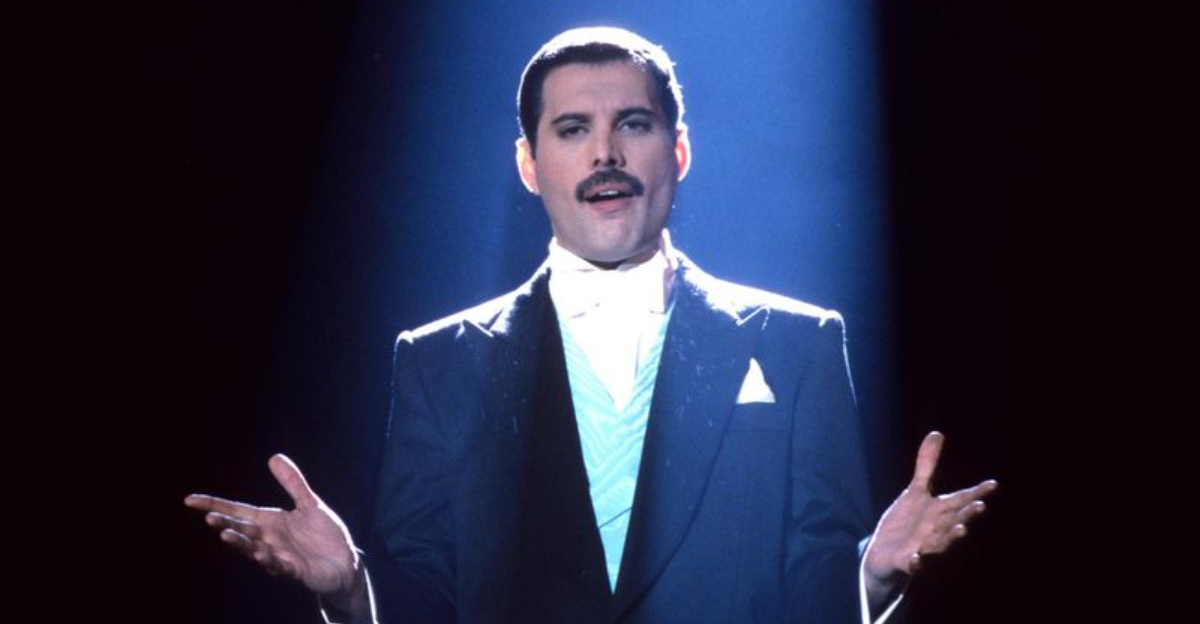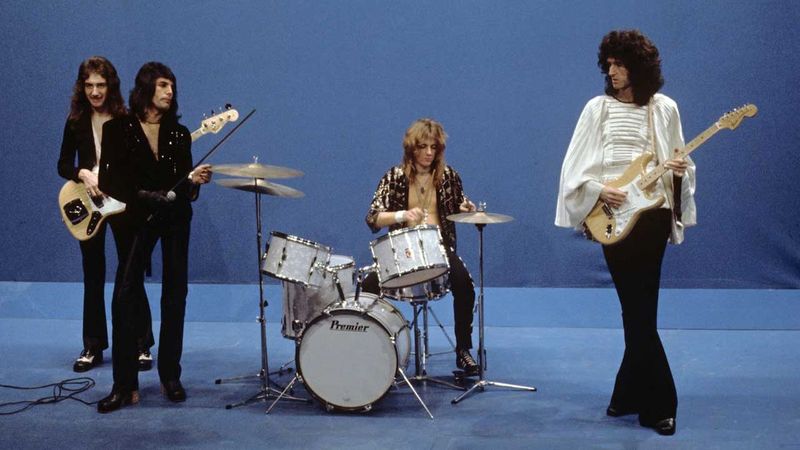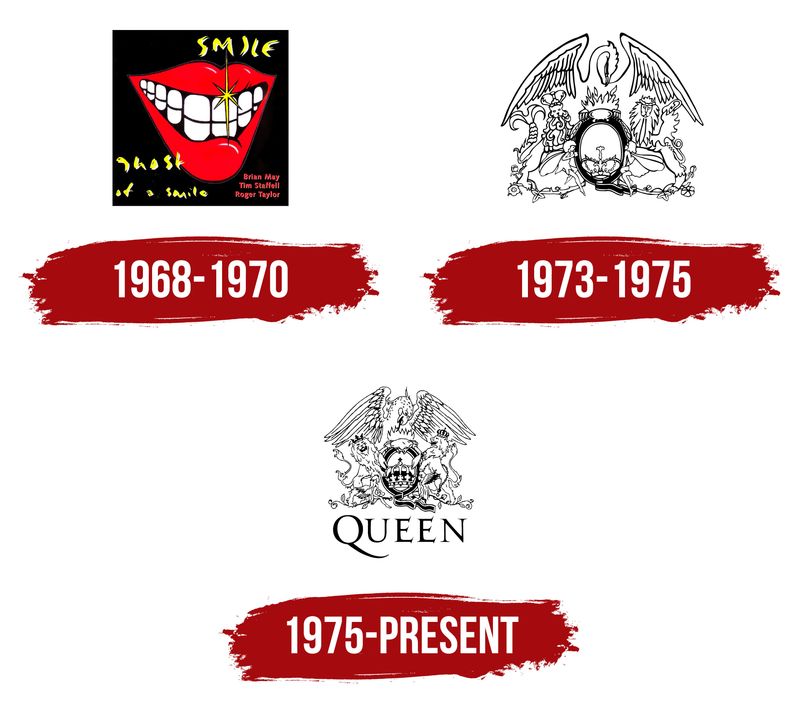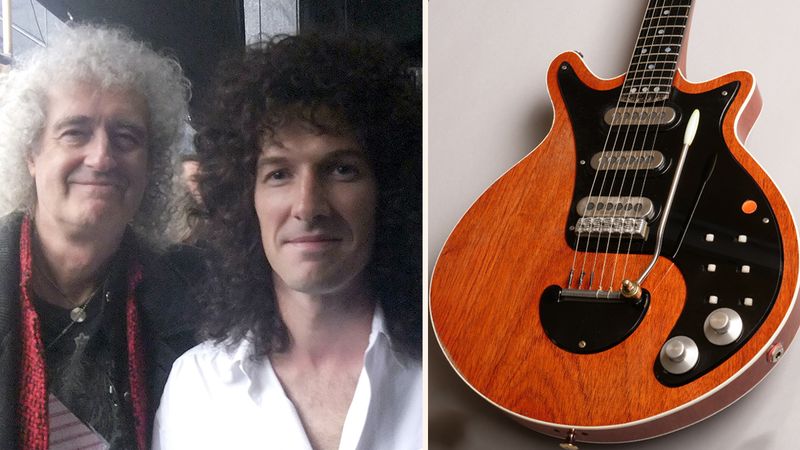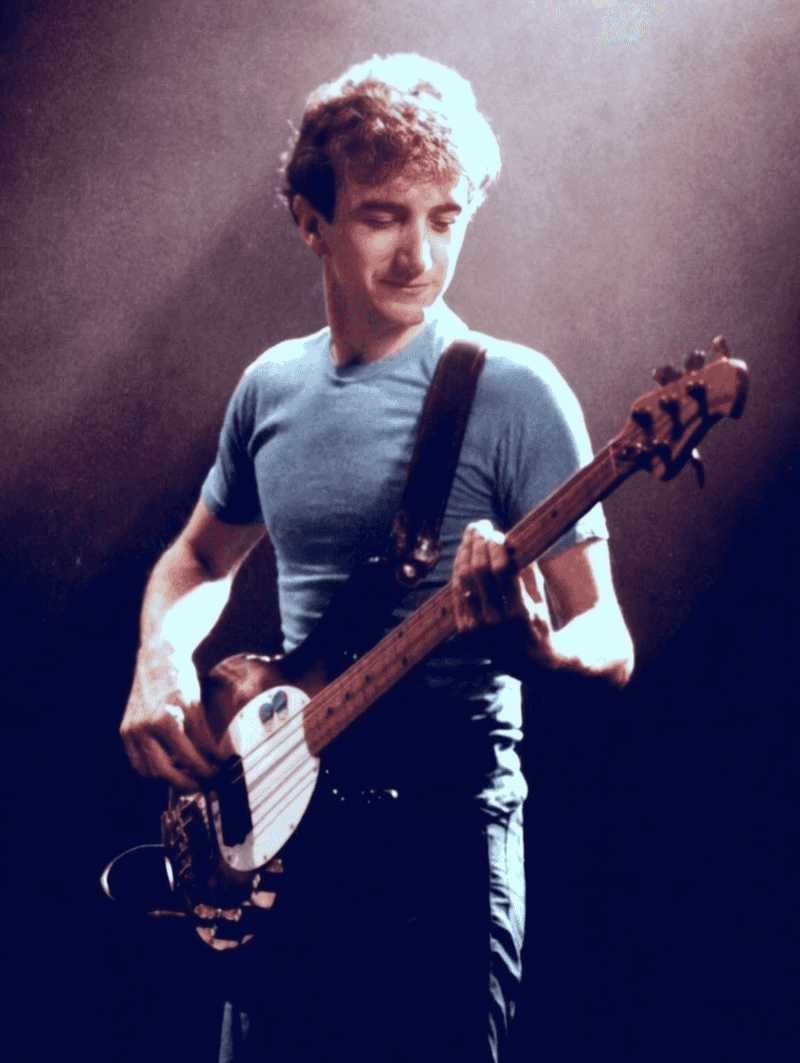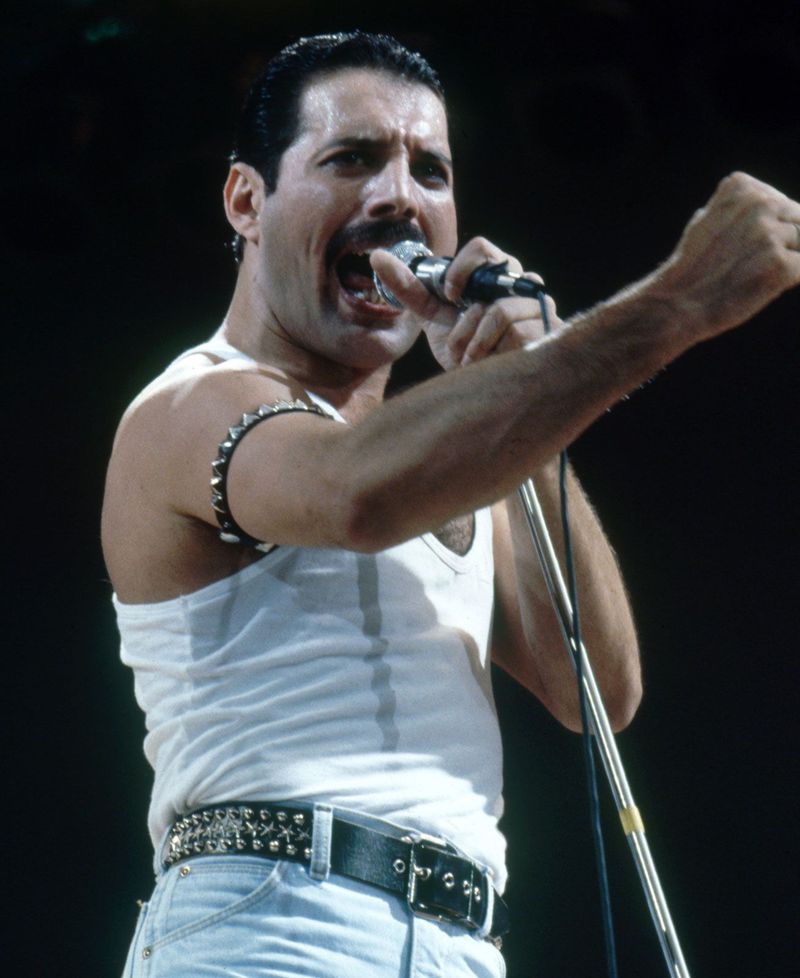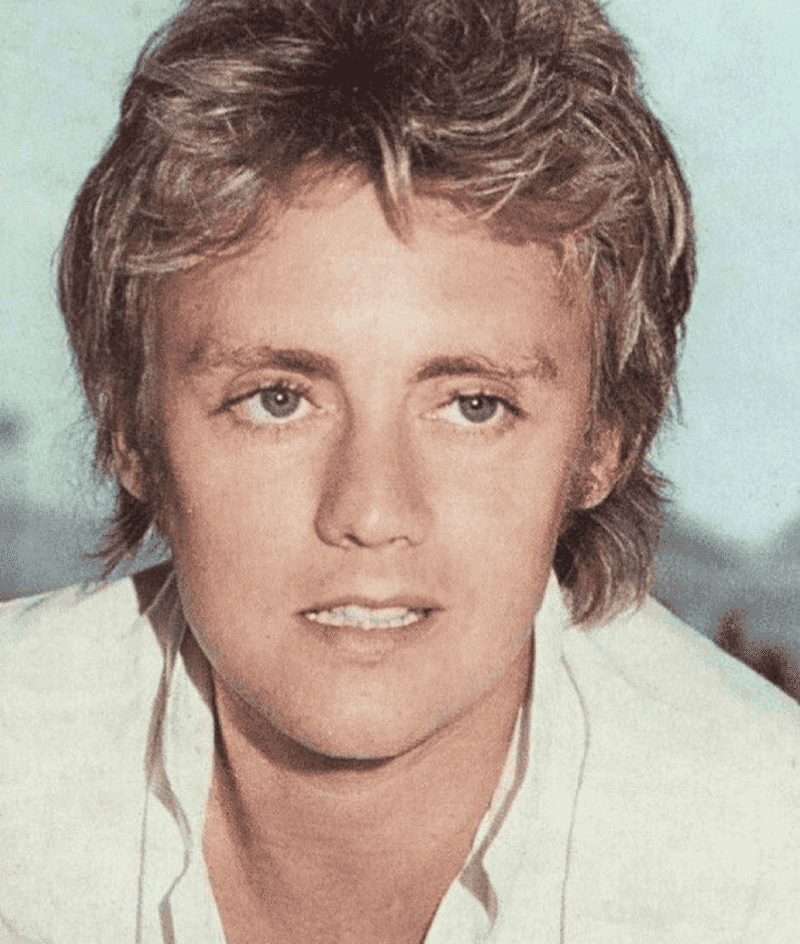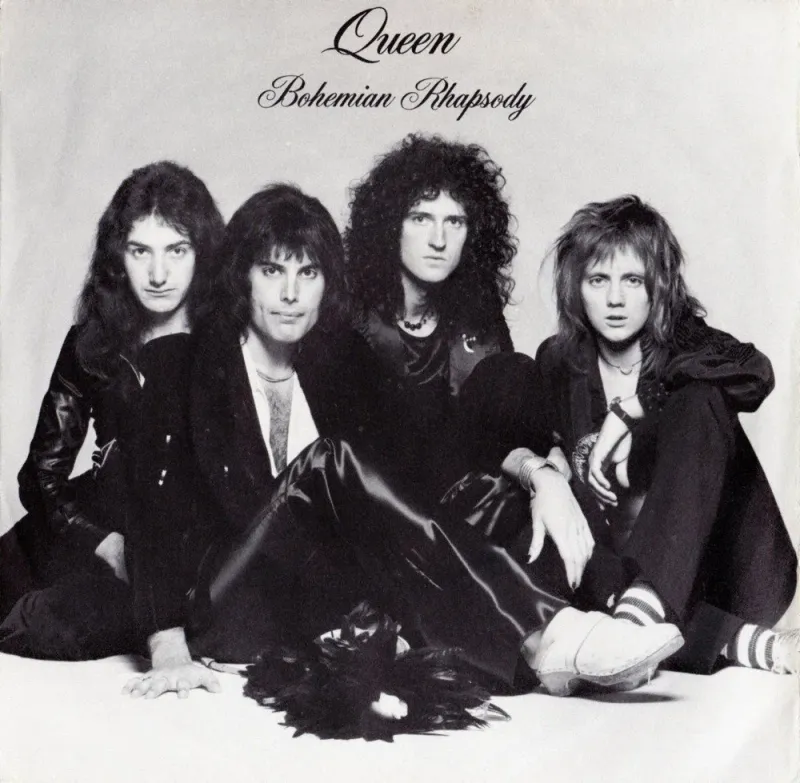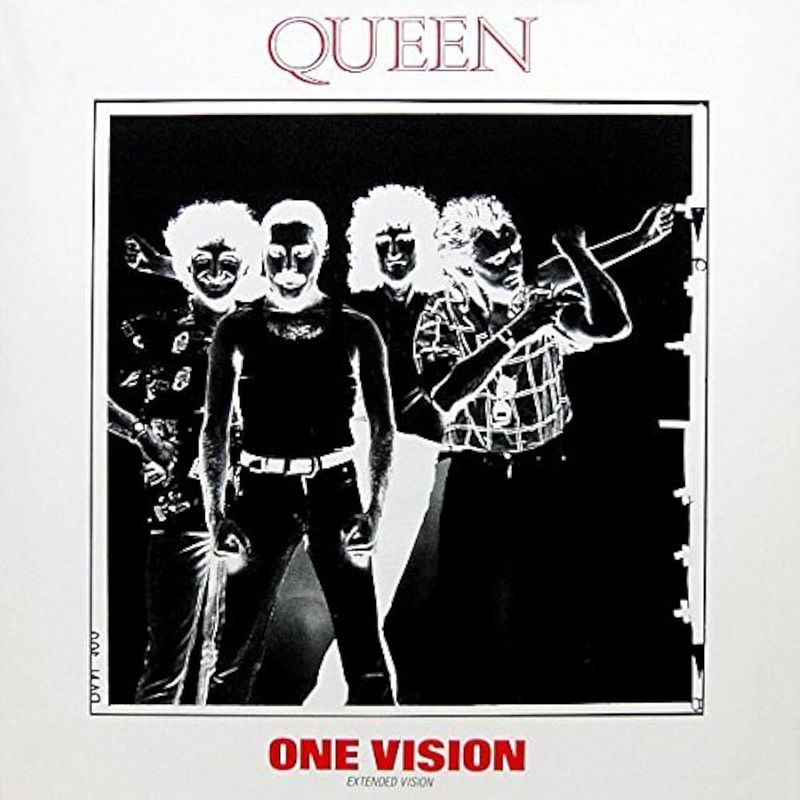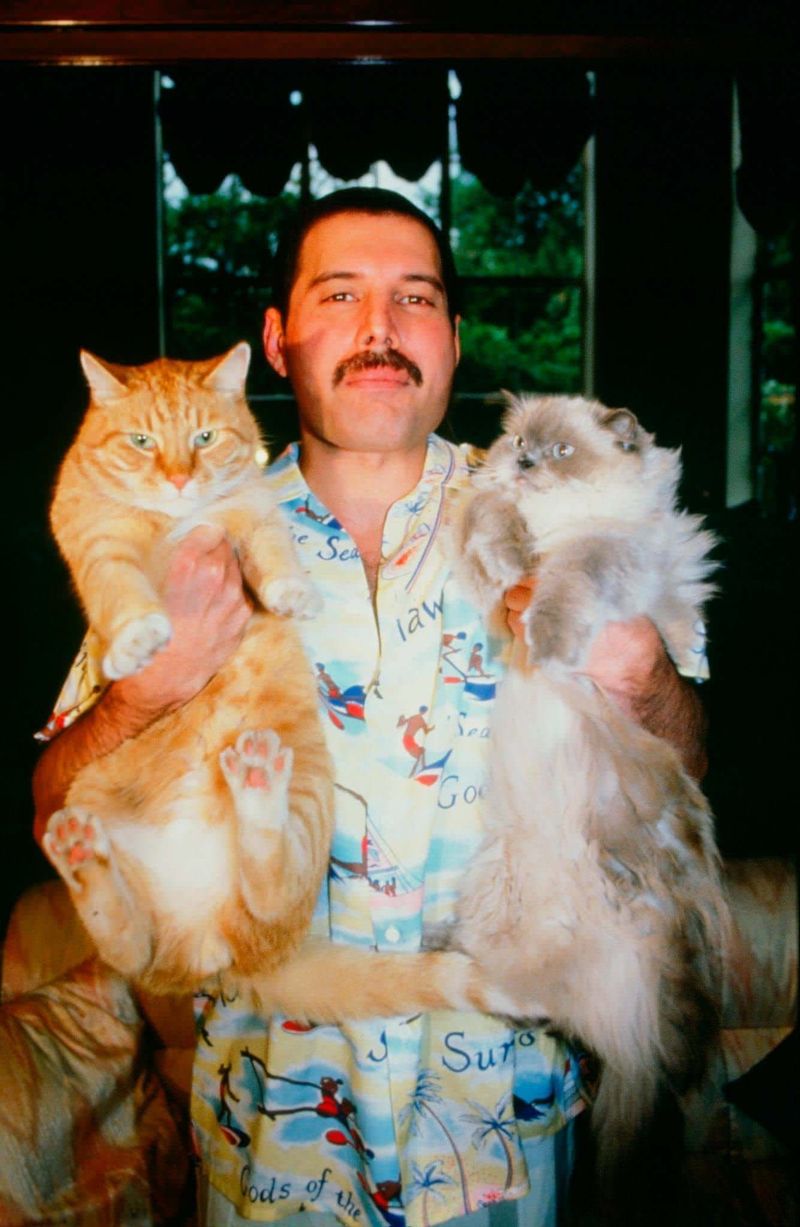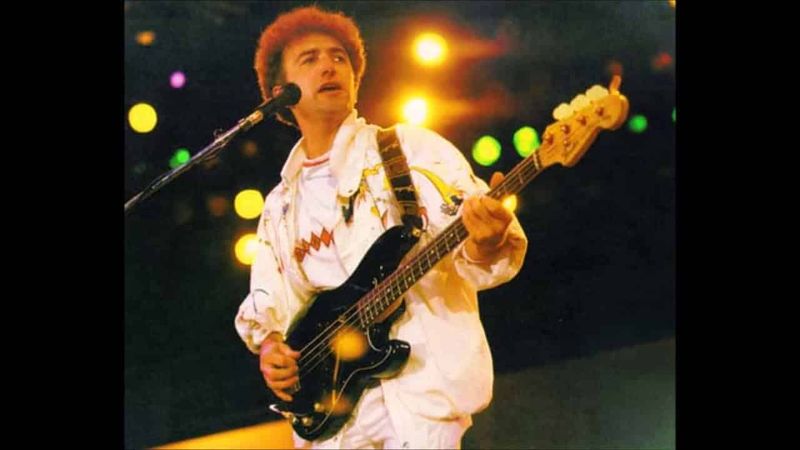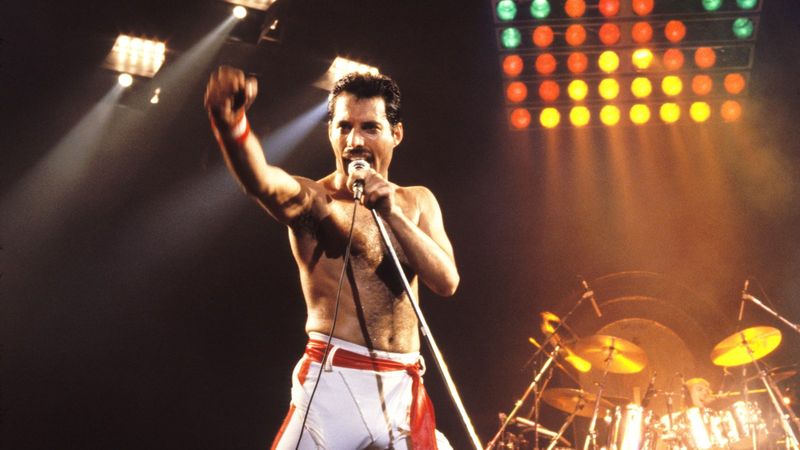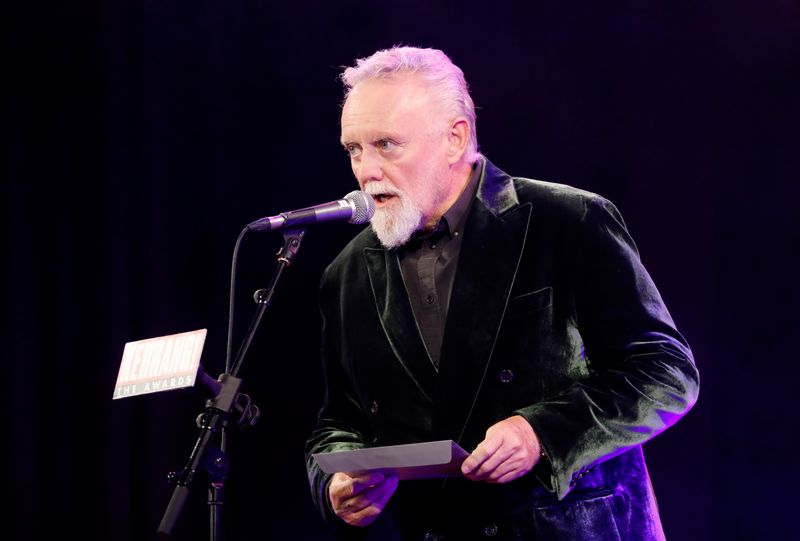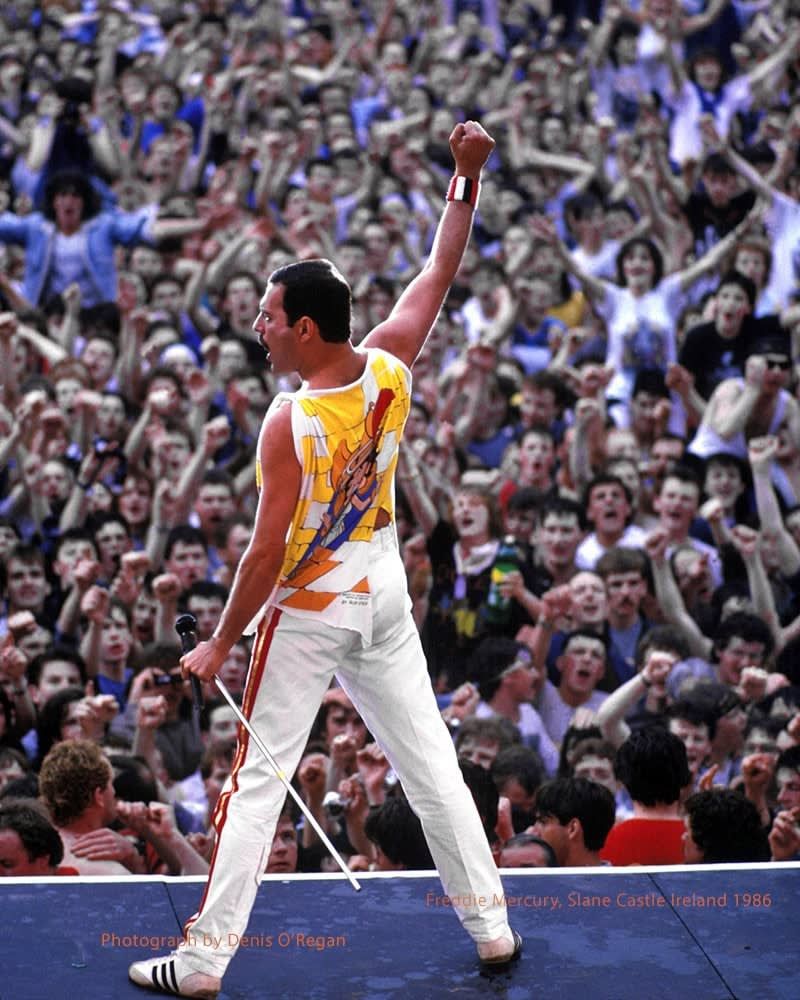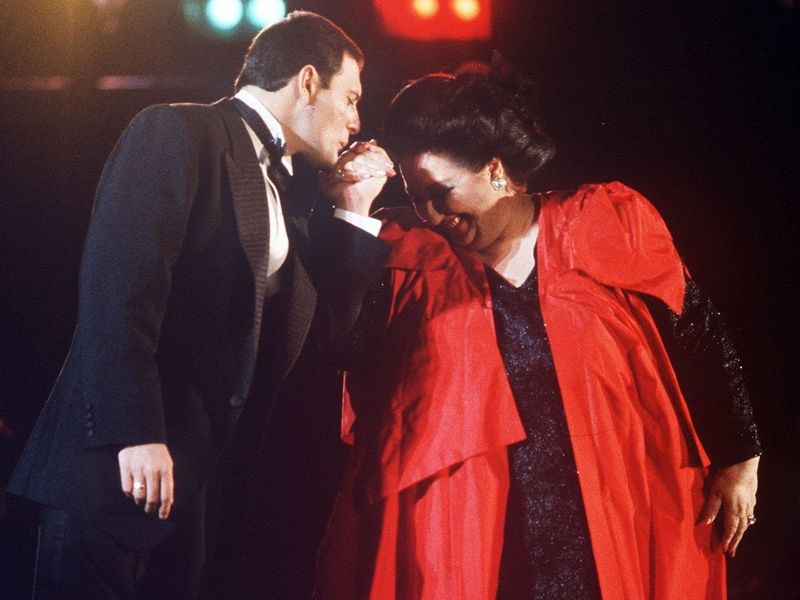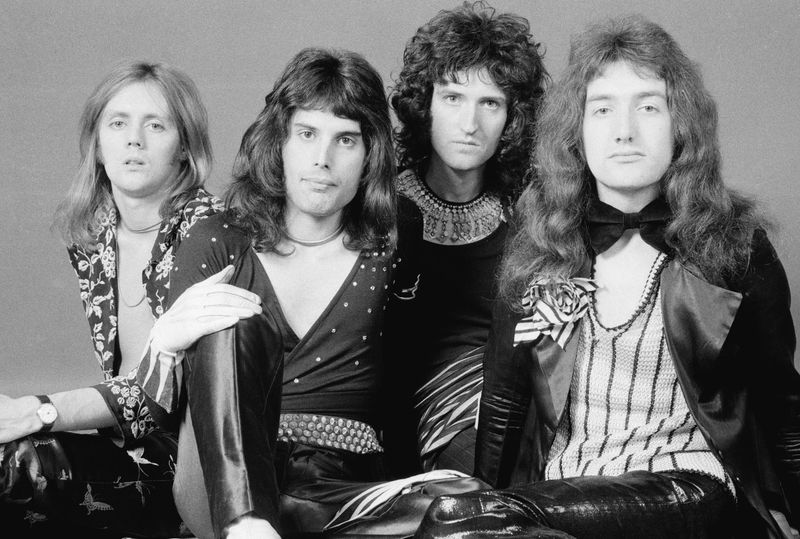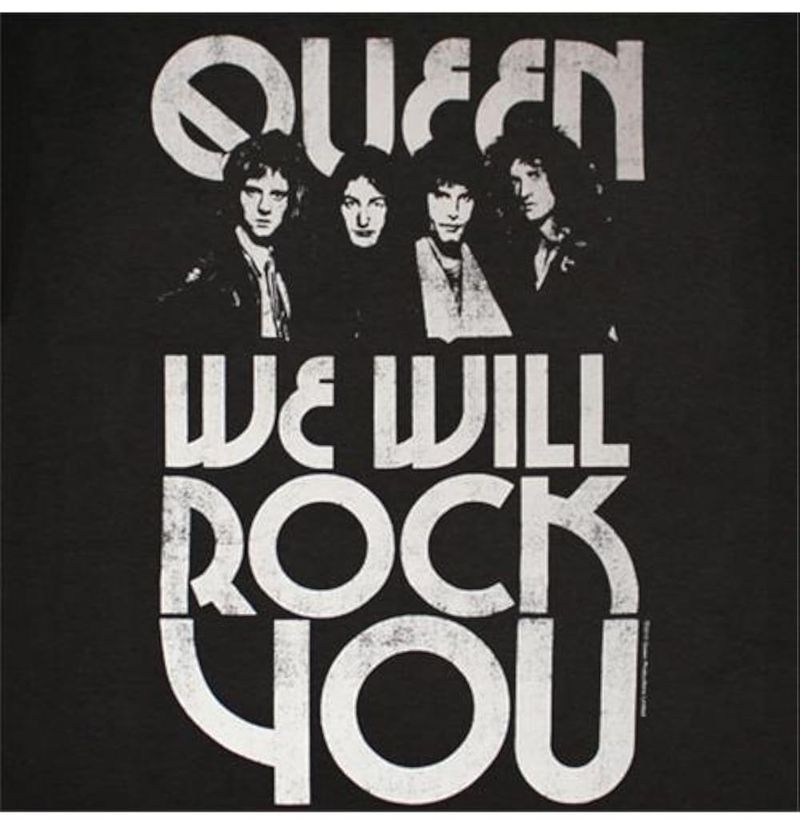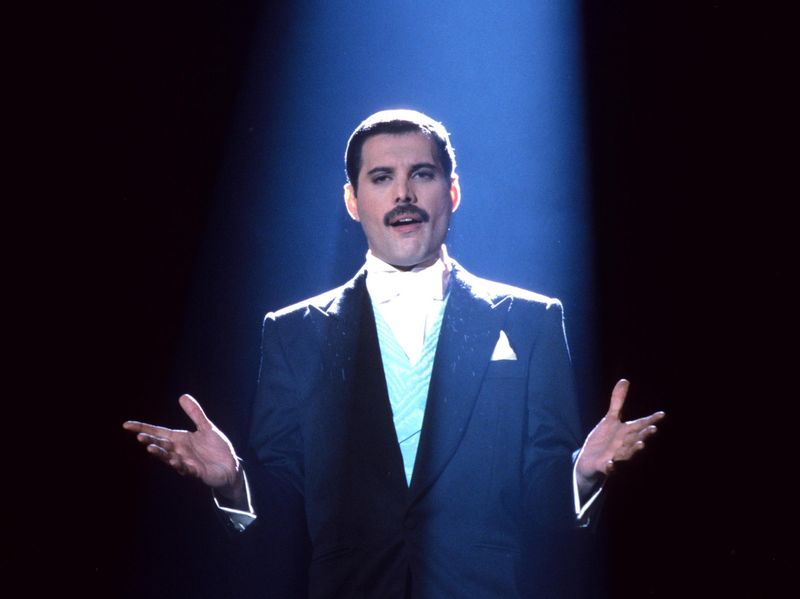Queen is one of the most legendary rock bands of all time, known for their iconic anthems, electrifying performances, and boundary-pushing music. While many fans are familiar with their biggest hits and famous moments, here are 20 lesser-known facts about Queen that may surprise you.
1. Queen’s First Concert Had Only Six People in the Audience
Their very first live performance as Queen took place in 1970 at Imperial College, London, and had only six attendees. The intimate setting did not deter the band’s enthusiasm and energy. Instead, it marked the beginning of their journey to stardom.
Despite the small crowd, the members of Queen poured their heart and soul into the performance, demonstrating the passion and talent that would soon captivate audiences worldwide. Each member was committed to their music, laying the foundation for a future filled with iconic performances and global recognition.
2. Freddie Mercury Designed the Band’s Logo
Freddie Mercury, besides his vocal prowess, had a background in graphic design, which he utilized to create the famous Queen crest. The logo incorporates the zodiac signs of the band members: two Leo lions for Roger Taylor and John Deacon, a Cancer crab for Brian May, and two fairies representing Virgo for Freddie himself.
This artistic creation not only symbolizes their unity but also showcases Freddie’s multifaceted talent. His design remains a iconic symbol of the band’s identity, reflecting both their creative spirit and the personal touches each member contributed to their collective success.
3. Brian May’s Guitar Was Homemade
Brian May’s legendary “Red Special” guitar was handcrafted by him and his father. They used materials like wood from a 200-year-old fireplace and repurposed household items to build this iconic instrument. The guitar became an integral part of Queen’s unique sound.
The homemade creation demonstrates both innovation and dedication, as Brian meticulously crafted each component to achieve the desired sound quality. This personal project not only contributed to his distinctive playing style but also became a symbol of his immense passion for music and craftsmanship.
4. John Deacon Wasn’t the First Bassist
John Deacon joined Queen in 1971, but he wasn’t the first bassist for the band. Before him, Queen had cycled through three different bassists, each leaving for various reasons. Deacon, however, proved to be the perfect fit, both musically and personally.
His quiet demeanor and exceptional musical talent brought stability to the band’s lineup. Deacon’s creativity and skill led to him writing some of Queen’s most successful hits, solidifying his role as an indispensable member of the iconic group. His contributions helped define Queen’s sound and success.
5. They Recorded in the Same Studio as The Beatles
Queen recorded several of their iconic albums at Abbey Road Studios, a place synonymous with musical history as it was where The Beatles crafted many of their masterpieces. This studio environment inspired Queen, fueling their creativity with its rich legacy.
Working in such an esteemed location, the band experimented with new sounds and techniques, pushing the boundaries of rock music. Abbey Road became more than just a recording location; it was a place where Queen’s innovative spirit flourished, resulting in some of their most memorable and groundbreaking work.
6. Freddie Mercury Was Born in Zanzibar
Freddie Mercury, born Farrokh Bulsara in 1946, hailed from Zanzibar, a vibrant island rich in culture and history. His early years were spent in the bustling streets, absorbing diverse influences that would later shape his artistic expression.
Freddie’s upbringing in such a multicultural environment contributed to his unique perspective and creative flair. Moving to India during his childhood, and eventually settling in England, provided a tapestry of experiences that infused his music and stage persona, making him one of the most dynamic performers in rock history.
7. Roger Taylor Was Almost a Dentist
Before embarking on his music career, Roger Taylor considered a path in dentistry. He initially enrolled in dental school, but his passion for music soon took precedence, leading him to switch his studies to biology.
This decision allowed Roger to pursue his true calling, and his drumming became a driving force behind Queen’s powerful sound. His choice to follow his musical instincts proved pivotal, as his contributions to the band were instrumental in shaping their dynamic and energetic performances, solidifying his place as one of rock’s legendary drummers.
8. ‘Bohemian Rhapsody’ Almost Didn’t Get Released
‘Bohemian Rhapsody,’ one of rock’s greatest songs, almost didn’t make it to the airwaves. The record label deemed it too long and complex for radio play. However, Freddie Mercury’s unwavering belief in the song’s potential pushed for its release.
Freddie’s determination paid off, as the song quickly became a groundbreaking hit, captivating audiences with its intricate composition and emotional depth. It stands as a testament to Queen’s innovative spirit and Freddie’s vision, proving that sometimes, artistic risks can yield monumental success and lasting impact.
9. Brian May Is an Astrophysicist
Brian May’s interests extend beyond music into the realm of astrophysics. In 2007, he completed a PhD in astrophysics, decades after pausing his studies for Queen. His research focused on zodiacal dust clouds, showcasing his dedication to understanding the universe.
Brian’s dual passions for science and music illustrate his multifaceted talents and curiosity. His academic achievement adds another layer to his identity, inspiring fans to pursue their interests, no matter how diverse. His journey from rockstar to scientist highlights the importance of lifelong learning and exploration.
10. Queen Once Recorded a Song in an Abandoned Church
For a unique acoustic experience, Queen recorded parts of the song ‘One Vision’ in an abandoned church. The deserted location offered distinct acoustics that enhanced the recording’s atmospheric quality, adding a haunting depth to the track.
This creative choice exemplifies Queen’s innovative approach to music production, constantly seeking new ways to enrich their sound. The decision to utilize unconventional recording spaces reflects their commitment to exploring artistic possibilities, resulting in music that resonates deeply with listeners, both in texture and emotional impact.
11. Freddie Mercury Had a Love for Cats
Freddie Mercury had a well-documented affection for cats, owning up to 10 at one point. His love for these feline companions was so profound that he dedicated his solo album, ‘Mr. Bad Guy’, to them.
Freddie’s bond with his cats provided comfort and companionship throughout his life, often referring to them as his family. This passion for animals was a testament to his nurturing nature, which extended beyond the stage. His home was filled with portraits of his beloved pets, reflecting the joy and inspiration they brought into his world.
12. John Deacon Designed One of Queen’s Biggest Hits
John Deacon, often the quietest member of Queen, was a creative force behind the scenes. He wrote ‘Another One Bites the Dust’, which became one of Queen’s most successful songs. Its catchy bass line and innovative sound captured the attention of audiences worldwide.
Deacon’s contribution highlighted his musical prowess and ability to craft hits that resonated with fans. His work on the song demonstrated his understanding of diverse musical genres, incorporating elements of funk and rock. This track remains a testament to his talent and the collaborative spirit within Queen.
13. They Were One of the First Bands to Play in Latin America
Queen was one of the pioneering rock bands to perform in Latin America, drawing massive crowds and breaking new ground in international touring. Their concerts in South American stadiums attracted hundreds of thousands of fans, showcasing the band’s global appeal.
Their performances in countries like Brazil and Argentina were not only a triumph in terms of audience size but also a cultural exchange, as they introduced their eclectic sound to new regions. The enthusiasm and passion of Latin American fans left a lasting impression on the band, further cementing their legacy.
14. Roger Taylor Had a Solo Career
Roger Taylor was the first member of Queen to embark on a solo career, releasing ‘Fun in Space’ in 1981. His solo work allowed him to explore new musical styles and express his individuality as an artist.
The album showcased his versatility, as he played most of the instruments himself, highlighting his multifaceted talent. Roger’s solo endeavors provided an outlet for his creative ideas, contributing to his growth as a musician. While his solo career never eclipsed Queen’s success, it offered him a chance to explore personal musical interests.
15. They Performed ‘Under Pressure’ Live Only a Few Times
Despite its massive success, Queen and David Bowie only performed the iconic song ‘Under Pressure’ live together once. This rare collaboration highlighted the unique synergy between the two legendary acts.
The live performance was a momentous occasion, cherished by fans lucky enough to witness it. The song’s intricate blend of rock and pop elements remains a favorite, showcasing the combined talents of Bowie and Queen. Their collaboration stands as a testament to their ability to merge distinct musical styles, creating a timeless classic that continues to inspire musicians today.
16. Queen Wrote a Song for the 1986 World Cup
While ‘We Are the Champions’ became an unofficial anthem for sporting events worldwide, Queen also recorded ‘A Kind of Magic’ for the 1986 World Cup. The song captured the excitement and energy of the global event, complementing the spirit of competition.
Queen’s involvement in such a prestigious event demonstrated their universal appeal and ability to connect with diverse audiences. The track added a musical dimension to the tournament, celebrating the magic of sports and music. It remains a cherished piece of Queen’s legacy, embodying their dynamic sound and global influence.
17. Freddie Mercury Was a Fan of Montserrat Caballé
Freddie Mercury’s love for opera led to a collaboration with Spanish soprano Montserrat Caballé. Their duet, ‘Barcelona’, combined rock and opera, creating a powerful and emotive piece that became a hit. Freddie’s admiration for Caballé’s vocal prowess inspired this unique project.
The partnership showcased Freddie’s versatility and willingness to explore new musical landscapes. The song remains a testament to his artistic vision and ability to blend different genres seamlessly. Their collaboration was a harmonious fusion of talents, celebrating the beauty of operatic and rock music.
18. They Were the First Band to Play in Eastern Europe
In 1986, Queen made history as the first major rock band to perform behind the Iron Curtain in Budapest, Hungary. This groundbreaking concert marked a significant cultural milestone during a time of political tension.
Their performance captivated thousands of fans, breaking barriers and fostering cultural exchange through music. Queen’s willingness to venture into new territories exemplified their fearless spirit and dedication to reaching diverse audiences. The Budapest concert stands as a testament to their global impact, showcasing the unifying power of music across political divides.
19. They Were Told Not to Release ‘We Will Rock You’
Initially, executives doubted the potential success of ‘We Will Rock You’, advising against its release. However, the band’s confidence in the song’s raw energy and simplicity prevailed, leading to its eventual release and immense popularity.
The song became one of the most recognizable anthems in rock history, celebrated for its powerful beat and audience participation. This instance highlights Queen’s determination to trust their instincts, proving that innovative ideas can defy industry skepticism and become cultural phenomena. Their commitment to their artistic vision contributed to their enduring legacy.
20. Freddie Mercury’s Final Words Were Simple
In his final days, Freddie Mercury’s humor remained intact. Reportedly, his last words to his assistant, Jim Hutton, were simply, ‘Pee pee.’ This light-hearted comment reflected Freddie’s enduring spirit, even in the face of adversity.
His ability to maintain a sense of humor during such a challenging time is a poignant reminder of his vibrant personality. Freddie’s legacy extends beyond his musical achievements, as his warmth and charisma continue to inspire. His final words serve as a testament to his character, celebrating life’s lighthearted moments even at the end.
